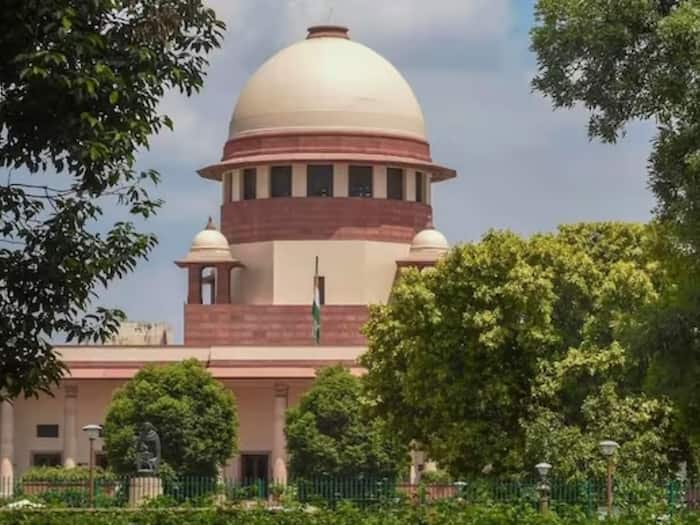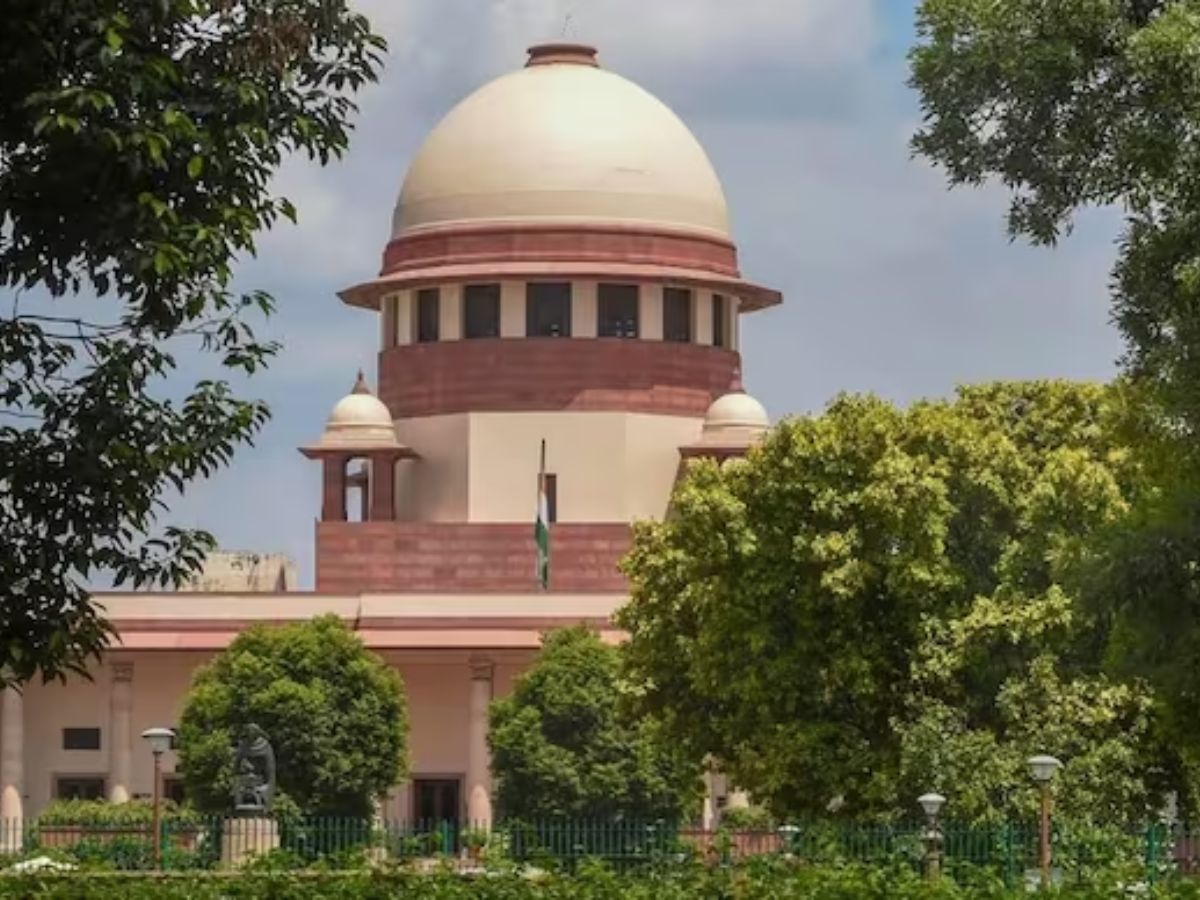Association for Democratic Reforms (ADR) filed a contempt petition in the Supreme Court accusing the State Bank of India of failing to provide the Election Commission with information regarding electoral bonds.

New Delhi: The Supreme Court will hear a plea from the State Bank of India (SBI) on March 11, regarding an extension of the deadline until June 30 to provide the Election Commission of India with information about electoral bonds. The case will be heard by a five-judge bench chaired by Chief Justice of India DY Chandrachud. On the same day, the Association for Democratic Reforms (ADR) will also have its contempt petition heard by the bench.
Contempt Petition Filed By ADR
Association for Democratic Reforms (ADR) has filed a contempt petition in the Supreme Court accusing the State Bank of India of failing to provide the Election Commission with information regarding electoral bonds.
ADR attorney Prashant Bhushan informed the apex court that the State Bank of India had submitted an application for an extension, which is anticipated to be listed on Monday, and brought up the case before a bench chaired by CJI DY Chandrachud on Thursday.
Prashat Bhushan on Thursday pleaded the Supreme Court to include ADR’s argument in addition to SBI’s submission.
What Was SC’s Order To SBI?
The Supreme Court’s Constitution bench ordered the SBI to provide the Election Commission of India with all the information it has received regarding political parties that have obtained electoral bonds from April 12, 2019, by March 6. This occurred after the Supreme Court declared that the Electoral Bond Program violated Article 19(1)(a) and was unconstitutional, leading to its repeal.
SBI’s Request To Extend Deadline
The State Bank of India (SBI) approached the Supreme Court to request an extension of time until June 30 to provide the information of electoral bonds to the Election Commission of India, as SBI missed the deadline to submit the details. In its plea, SBI stated that it requires more time to reveal information about electoral bonds that political parties have cashed in.
ADR’s Claim Over SBI
ADR has now attempted to start contempt proceedings against SBI for failing to follow the court’s order. It claims that SBI has willfully and deliberately disregarded the ruling made by the top court’s Constitution Bench, which willfully undermines the apex court’s authority in addition to negating citizens’ rights to information.
ADR in one of its petitions in the case, claimed that the State Bank of India (SBI) had submitted the application, which is fraudulent and shows willful and deliberate disobedience & defiance of the ruling made by the top court’s Constitution Bench, two days ahead of the deadline for SBI to provide information regarding electoral bonds to the Election Commission of India. It is evident from the contempt plea that there is an effort to weaken the supreme court’s authority.
(With inputs from ANI)

